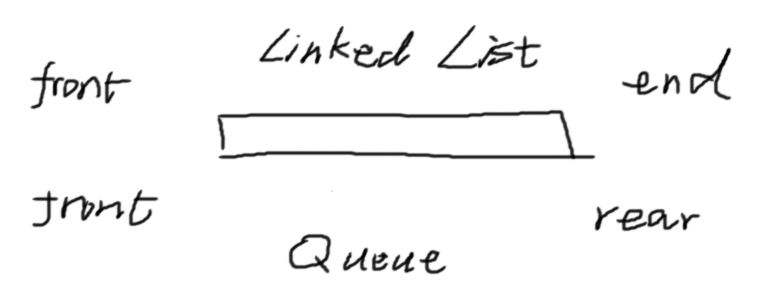Stack & Queue
Stacks
Stack is an abstract data type, LIFOs (Last-In-First-Out).
1. Basic operation
push(x)=insert_begpop()=delete_begis_empty()=is_empty(for linked list)
2. Stacks as arrays
To avoid calling allocate_memory all the time, we need to know the maximum size of the stack in advance.
1 | // Initialize an empty stack: |
Queues
Queue is an abstract data type, FIFOs (First-In-First-Out)

1. Basic operation
enqueue(x)dequeue()is_empty()
2. Queue as a linked list
In this case, all operations take constant time.

enqueue = insert_enddequeue = delete_beg
3. Queue stored in an array: Circular queue
1 | // Initialize an empty queue: |
1 | boolean is_empty(){ |
Other
1. div and mod
Note that a div b is always an integer and
(a div b)*b + a mod b = a.
Consequently: